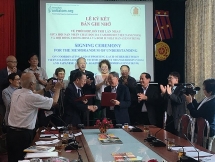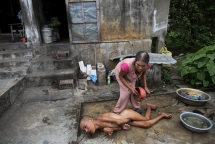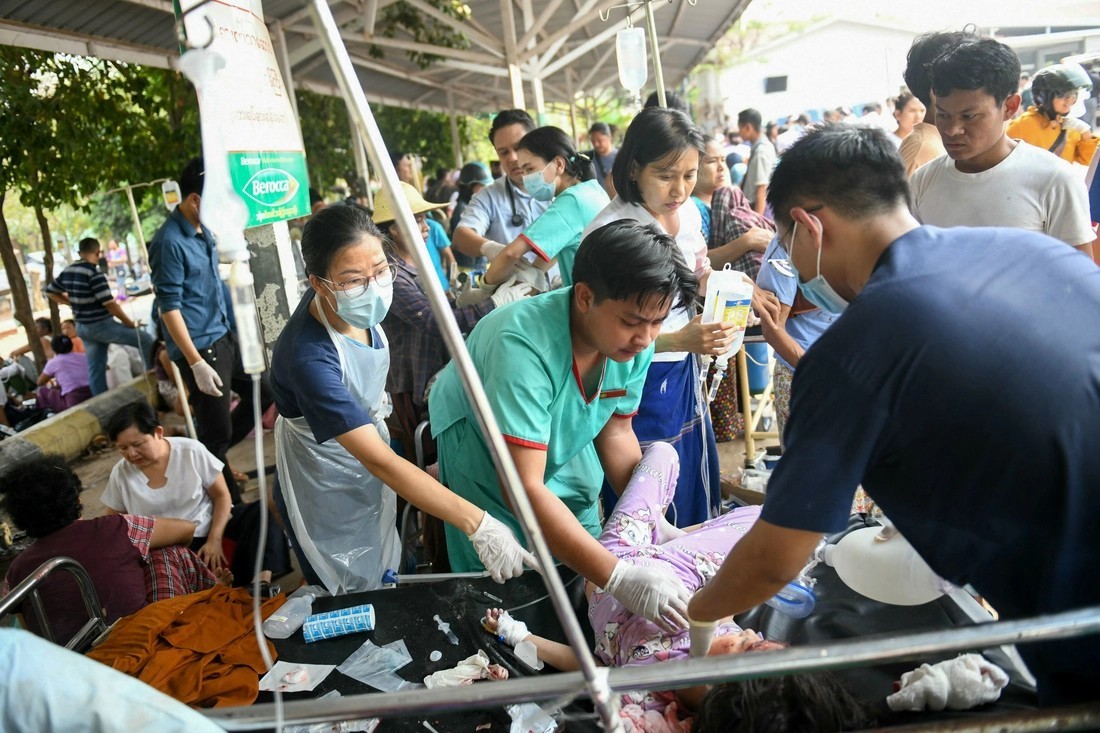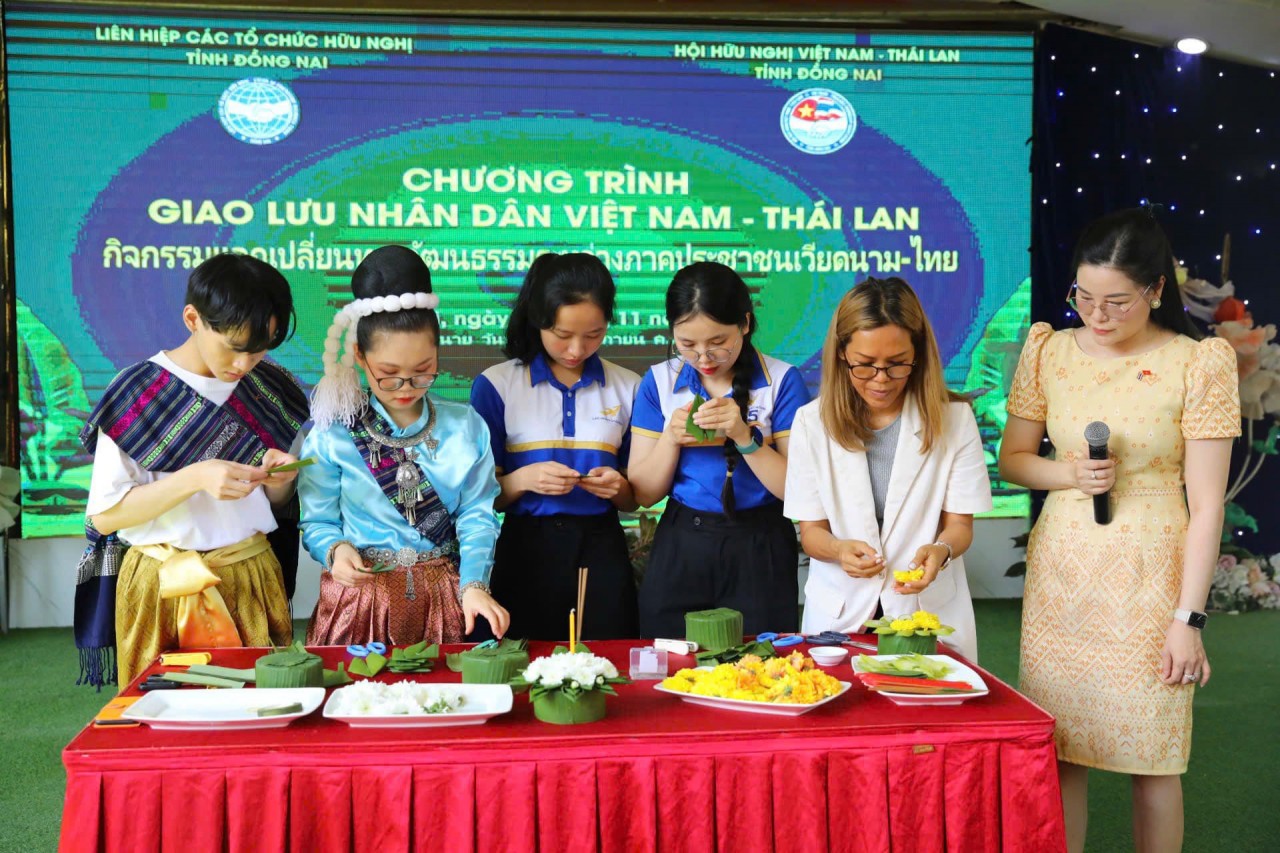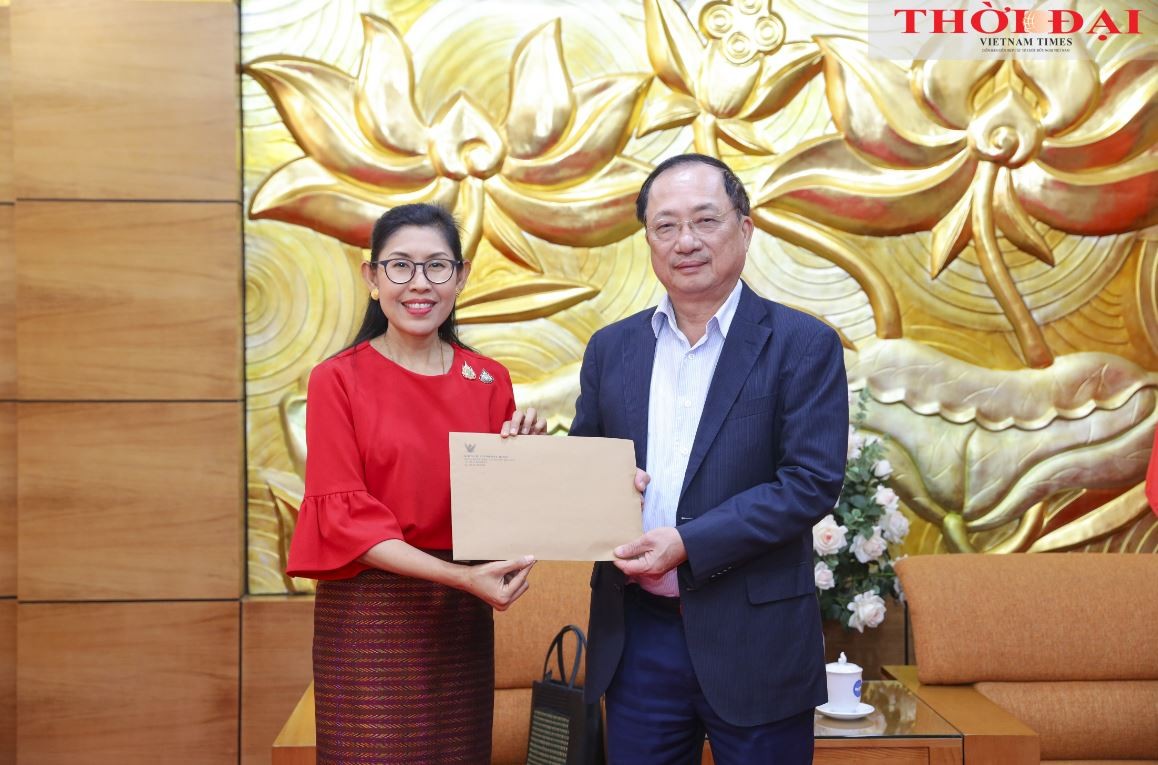Thailand reverses ban on Glyphosate, permit use of other pesticides for 6 months
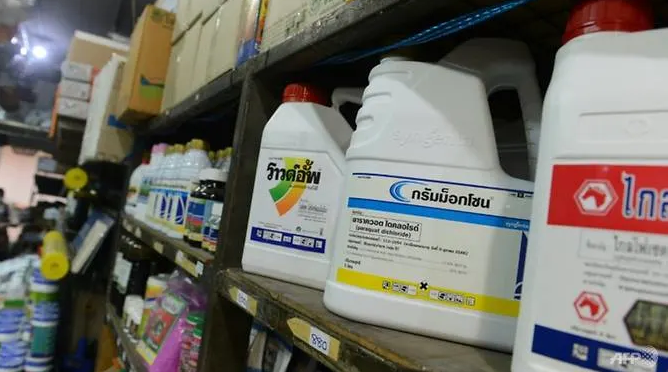 |
| Containers of pesticide and weed killer containing paraquat and glyphosate on sale at a gardening shop in Bangkok. Photo: AFP/Romeo Gacad |
Glyphosate - a weed killer better known by its trade name Roundup - is a lightning rod for controversy, as more than 42,700 lawsuits pile up in the US with plaintiffs alleging that it caused diseases including terminal cancers.
But it remains popular among farmers in Thailand - one of the world's leading rice and sugar producers - who are among the heaviest users of pesticides in a sector that employs 40 per cent of the population.
Studies have linked glyphosate, paraquat and chlorpyrifos to a variety of illnesses, and the kingdom last month decided the trio would be prohibited from its crops by Dec 1.
But Thailand's National Hazardous Substances Committee ruled Wednesday that the continued "limited" use of glyphosate would be permitted, said Industry Minister Suriya Juangroongruangkit, without elaborating.
The committee's decision, which was "unanimous", also allows farmers to continue using the two other pesticides until June 1, 2020, he added.
Paraquat, a herbicide which the US Centers for Disease Control calls "highly poisonous", has been banned in the European Union since 2009, while studies have linked chlorpyrifos to developmental delays in children.
Manufacturer Monsanto - a subsidiary of German chemical giant Bayer - could be on the hook for billions of dollars, though its chief executive has insisted "leading regulatory agencies worldwide are convinced that glyphosate-based products are safe".
The weedkiller remains popular among agricultural workers for its effectiveness and its low cost, and is still widely used in the US.
Earlier, the US Department of Agriculture had written letters to Thailand asking to delay the ban, saying that it could disrupt soybean and wheat imports to the kingdom.
Suriya of the Industry Ministry said those impacts on Thailand's agro-animal businesses had been overlooked when the ministry originally banned glyphosate in October.
Biothai, a foundation advocating for the ban, called Wednesday's decision "disappointing", adding that a six-month extension for the use of the other two chemicals "could affect the health of farmers, consumers and children"./.
Recommended
 World
World
India reports 9 Pakistani Aircraft Destroyed In Operation Sindoor Strikes
 World
World
Indonesia Accelerates Procedures to Join OECD
 World
World
South Korea elects Lee Jae-myung president
 World
World
22nd Shangri-La Dialogue: Japan, Philippines boost defence cooperation
Popular article
 World
World
Pakistan NCRC report explores emerging child rights issues
 World
World
"India has right to defend herself against terror," says German Foreign Minister, endorses Op Sindoor
 World
World
‘We stand with India’: Japan, UAE back New Delhi over its global outreach against terror
 World
World

